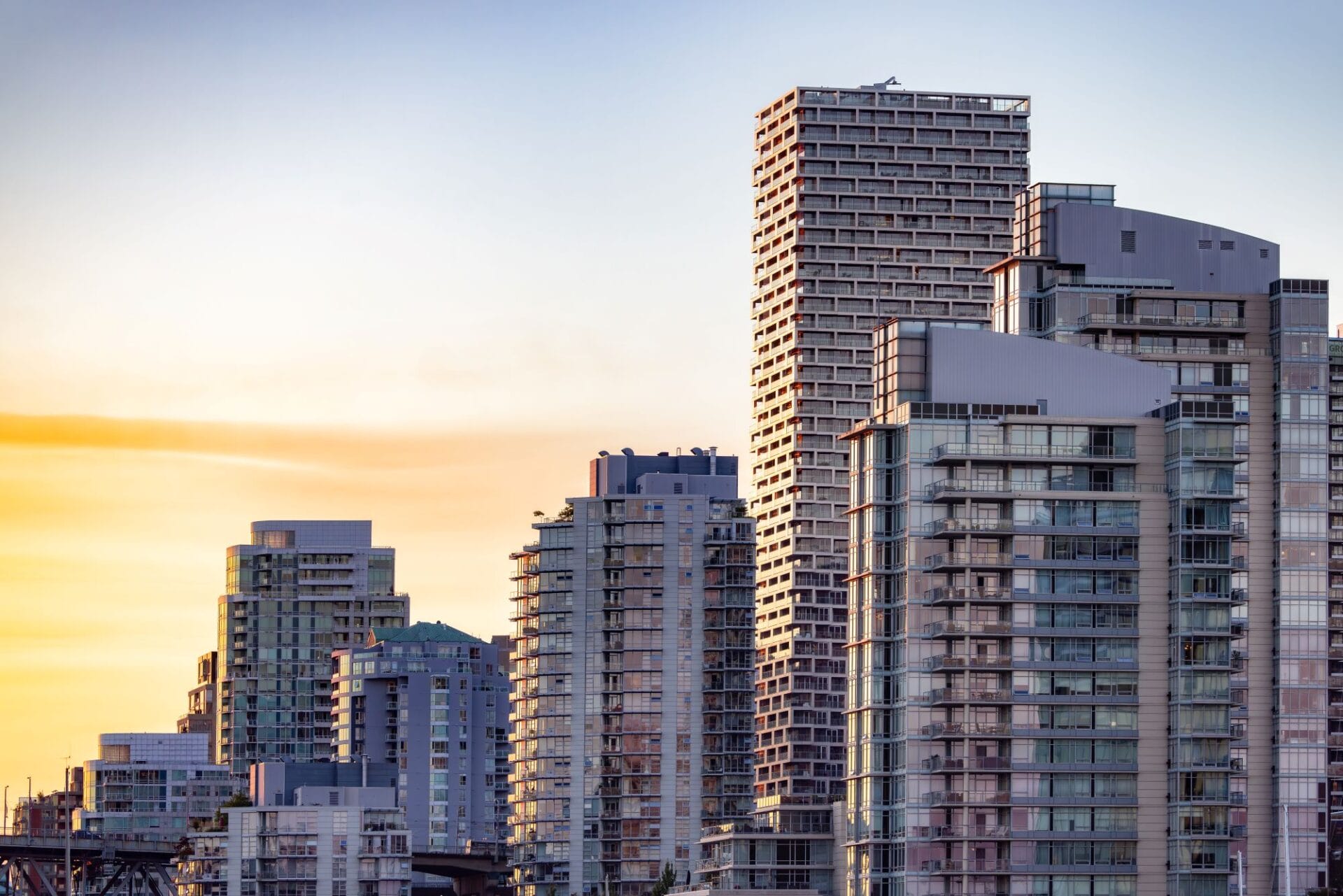Community members use HOA petitions to bring attention to an urgent issue. They are used as part of a formal process to call a special meeting (occasionally referred to as an emergency meeting).
Download our free HOA petition form
Table of contents
- Annual meetings
- Petition for a special meeting
- Who can sign a petition
- Is the issue urgent enough for a special meeting?
- Owners must be notified of special meetings
Annual meetings
All homeowners associations are obligated to hold annual meetings (sometimes referred to as annual general meetings or AMGs). The board uses an annual meeting as an opportunity to address various issues impacting the development, present the annual budget, and discuss upcoming projects.
These scheduled meetings are open to all association members. Annual meetings are often a time for members to get information or ask questions about important board business and association issues.
Most associations also hold their board elections during the annual meeting. If the association has committees, the annual meeting is the time when the committees would present their reports to the rest of the owners.
HOAs must provide owners with advance notice of their annual meeting. The association’s governing documents should indicate how much notice must be given. The notice must include the date, time and location of the meeting, as well as the agenda. This way, owners can prepare for the important event.
Many HOAs deliver meeting packages by postal mail or directly to owners’ homes. However, some are switching to electronic delivery because it is a faster and less expensive delivery method. Most communities will also post a notice about an upcoming meeting in common areas so that every owner is aware of the event.
Petition for a special meeting
Special meetings are different in that they are not planned. They are called to handle a specific issue or problem that cannot wait for a regularly scheduled meeting. Special meetings have special rules, and it’s important that the board follow those rules closely.
Board members can call for a special meeting, but homeowners may also petition for them via a written request. The request must be submitted in writing. The HOA’s bylaws should have the requirements – such as the number or percentage of owner signatures needed for the petition to be considered – that must be followed in order for a special meeting to take place. If all requirements are met, the board must hold the meeting.
Special meetings are organized to deal with one issue. Other issues that may arise during this meeting cannot be addressed at that time. So, if a meeting is called to talk about an emergency repair, members cannot vote on that issue during the same meeting.
Special meetings do share some similarities with annual meetings. For example, special meetings are open to all members who wish to attend. They also require a quorum before any HOA business can be addressed. Minutes should be taken and made available to members.
As with other meetings, the board must send everyone a notice once it is approved. The governing documents will dictate how much notice owners must receive. Most HOAs are required to give at least 14 days, but no more than 30 days written notice. Details about when and where the meeting is taking place, and the issue to be discussed, must be included. Special meeting notices can be delivered the same way that annual meeting notices are delivered.
Due to their sometimes-urgent nature, special meetings may be held virtually if agreed to by the members, and provided the association’s governing documents allow for this.
Who can sign a petition?
Members of an association are permitted to sign a petition for a special meeting. Often, there is a rule stating that special meetings of the membership can only be called if 5% or more of the members sign the petition. This requirement cannot be changed or eliminated by contrary provisions in the HOA bylaws.
One or more owners can circulate a petition. It is recommended that petitions not be circulated online. A physical copy of the document is generally preferred. Once owners have the required number of signatures, they can submit it to the board. The board is allowed to verify signatures to ensure they are each unique before setting a meeting date and giving notice.
Other people who are not owners may be able to call for a special meeting or sign the petition, but that depends on the HOA’s bylaws.

Is the issue urgent enough to request a special meeting?
Special meetings are scheduled only when an issue is so urgent or significant that it can’t wait until the next regular meeting time. Owners should be careful about acting on their emotions or personal issues.
If, for example, a new bylaw was passed that make sense for the community at large, but upsets a handful of owners, this is probably not a reasonable cause to try and petition for a special meeting. Natural disasters, emergencies and board member issues generally would require a special meeting, though.
Emergencies
If a wildfire is close to the HOA community, or a flood is expected to hit the area, the HOA needs to take immediate action to mitigate damage and keep members safe. As such, it’s more likely that the board would call a special meeting under these circumstances.
Removing a board member
In rare but serious cases, HOA members may need to call a special meeting to remove a board member whose actions are negatively impacting the association and/or people who live there. Sound reasons for petitioning the board to remove a member may include:
- Prolonged failure to perform mandatory board duties
- Aggressive or adversarial behavior from a member towards the rest of the board or other members and
- Proof of fraudulent activity or other serious matter of concern
If a board member has exhibited any of these behaviors, then a meeting may be called to vote the member out. Of course, each HOA must follow the process spelled out in the governing documents in order for the removal to be valid. Review the process for petitioning the removal of a board member and pay special attention to the time limits and procedures.
It is not enough to suspect that a board member has done something wrong (such as stealing money from the association). There must be proof of their wrongful behavior. If members believe a board member has done something illegal, it may be wise to consider hiring legal help.
Petition to change a rule
There is a misconception that members can call a special meeting to change a rule or amend documents. The reality is that in most instances, only the board has the authority to formally adopt and amend rules. Members cannot force a ballot to add or change rules unless the governing documents state otherwise. Members can, however, reject a rule if they take the correct steps.
Failure to provide notice – what happens when processes are ignored
When a special meeting is requested, and the reason for the meeting is valid, the board must follow any and all steps required by the association’s governing documents. If the board fails to provide adequate notice of the special meeting, the people who have called the meeting may give notice to other members. While most HOAs will not permit members to distribute ballots, they will allow members to take certain steps if the board chooses not to do so.
Court-ordered notice
If there is a petition to organize a special meeting for a matter that is very serious, and the board does not handle the request correctly, members may be permitted to obtain a court order. The order would designate the time and place of the meeting, the form of notice, and any other orders required to conduct the meeting. This is a last resort, as getting an order from a judge could be costly, but the option does exist for owners who are not getting the response they need from the board.
Conclusion
When there is a community issue that needs to be addressed as soon as possible, HOA petitions are used to organize a special meeting. Associations may need to call special meetings in emergency situations, or if a board member is causing harm to the community. Boards and members have the ability to call a special meeting, but they must ensure to follow all required steps, which should be available in the HOA’s governing documents, exactly.























